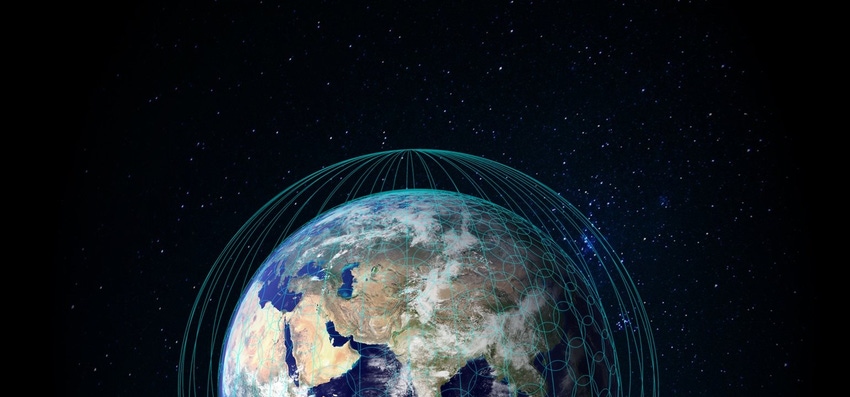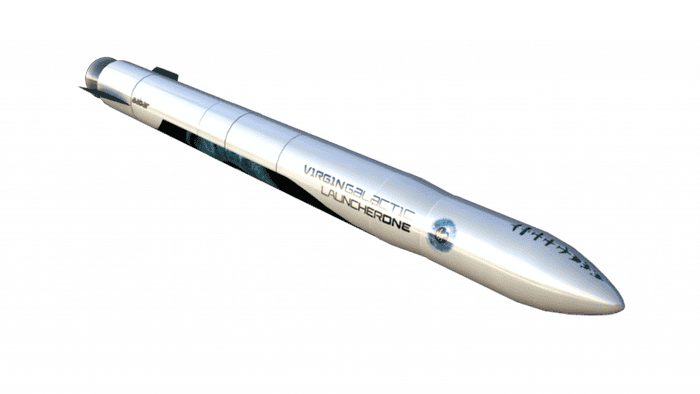Billionaire entrepreneur Richard Branson’s Virgin Group has joined forces with mobile chip vendor Qualcomm to create what they claimed will be the largest ever satellite network. The joint venture, OneWeb, will build, launch and operate the satellite constellation aimed at providing internet access and telephony to some of the world’s currently unconnected parts.
January 16, 2015

Billionaire entrepreneur Richard Branson’s Virgin Group has joined forces with mobile chip vendor Qualcomm to create what they claimed will be the largest ever satellite network. The joint venture, OneWeb, will build, launch and operate the satellite constellation aimed at providing internet access and telephony to some of the world’s currently unconnected parts.
Virgin said frequent satellite launches at a low cost and reliability will be made possible by its commercial spaceflight division Virgin Galactic LauncherOne programme. LauncherOne is an orbital launch-vehicle dedicated to the small satellite market.
Citing figures from the International Telecommunications Union, the firm claimed OneWeb satellites could dramatically improve connectivity for the approximately three billion people in the world still not connected.
“Virgin Galactic has always planned to build a commercial spaceline that can create positive change back on earth,” Branson said in a blog post. “Well, both human spaceflight and the satellite constellation have the potential to transform lives in ways that almost no other companies have done before.
“People who don’t currently have access to proper teaching will be able to receive educations. People who want to create jobs will be able to develop new businesses connecting with the rest of the world. The opportunities are endless.”
Qualcomm Executive Chairman, Paul Jacobs said: “We have a shared vision to bring connectivity to underserved areas around the world. We are pleased to join Virgin as an initial investor, and we look forward to helping fund initial technical feasibility work for the satellite system.”
Under the plans, OneWeb will launch 648 satellites aimed at providing low-latency, high-speed internet access directly to small user-terminals deployed around the world.
OneWeb, which is the trading name for WorldVu Satellites Limited, said the satellite system will extend operator networks globally, giving them the ability to provide coverage to remote areas, where terrestrial connections currently don’t exist. According to the firm, its terminals will act as small-cells enabling access either via wifi, LTE, 3G or 2G connection.
“OneWeb is designing a global communications infrastructure that will enable affordable internet access to the world’s underserved populations,” OneWeb Founder and CEO Greg Wyler said. “With the spectrum and technology, coupled with strong partners, we look forward to advancing global connectivity.”
The idea certainly sounds exciting, and coming up with new solutions to bring connectivity to some of the world’s remotest areas is important. However, not many details of the financial terms and time-scales for this ambitious project have been disclosed.
The unconnected market has a lot of potential, and it looks like Virgin is keen to utilise its space division’s technology for something perhaps a bit more easily attainable while also still trying to develop a safe commercial spaceliner. The firm’s test flight last year ended tragically, as one of two pilots lost his life as the spacecraft crashed.

About the Author(s)
You May Also Like








.png?width=300&auto=webp&quality=80&disable=upscale)


_1.jpg?width=300&auto=webp&quality=80&disable=upscale)


.png?width=800&auto=webp&quality=80&disable=upscale)